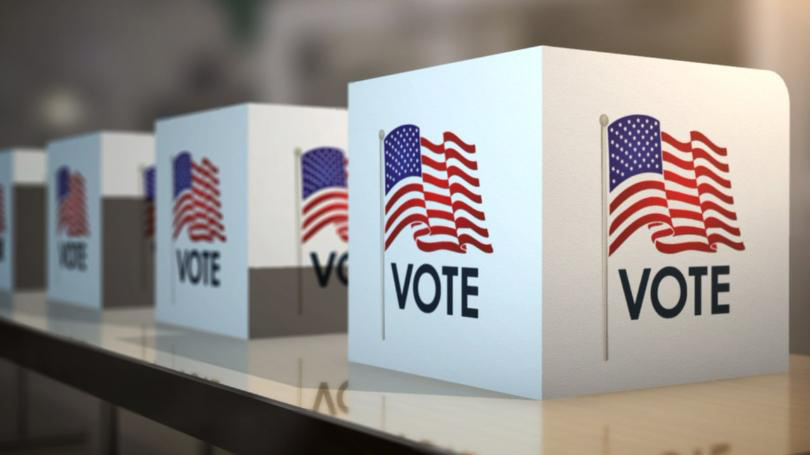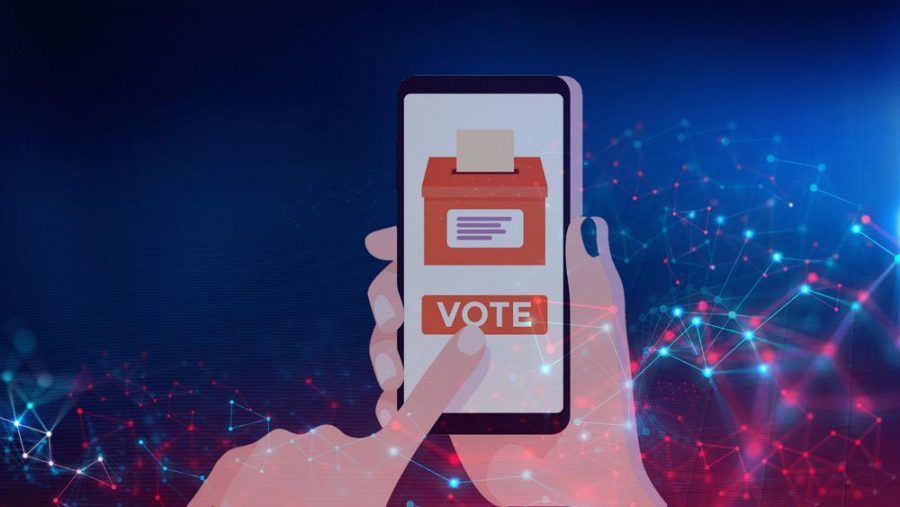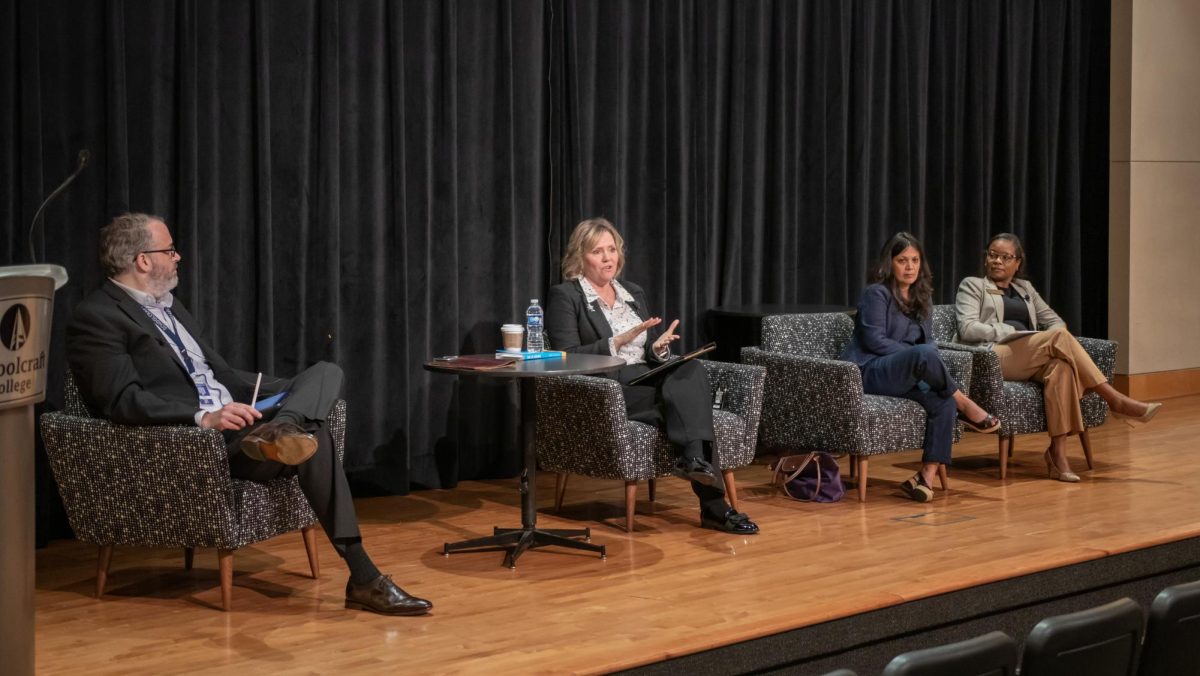Online Voting, Good or Bad?
March 2, 2020
Vote for the Future: Voting should go all-digital
Voting should be moved to online-based or even online only as it would save on costs in elections. The prints of all the ballots are costly for each district and if voter turnout is low, the government loses money in the election. Due to the fact that poor weather conditions greatly impact voter turnout, an online system could greatly increase the voting rate as it would take traveling out of the equation.
West Virginia has invested in this and it has paid off.
The verification process is hard and long, but once in, voting is simple for the precinct. The Secretary of State in West Virginia released an app for servicemen who are overseas. They hope to make voting easier for those West Virginian residents. So far, this has only been done on a state election level. This cannot be used for federal elections yet, because there’s no federal law supporting it. The voter turnout rate has gone up since West Virginia started allowing this voting option.
With the sheer number of smartphones and PCs in the world and a proper verification process, low voter turnout can completely be a thing of the past. This will also provide an easier way for people to vote because they can simply vote from home on devices they already own without needing to mail anything. Of course, this is only if the proper system is set in place and the proper security and funding are provided.
Microsoft did this in the 2016 election with an app and a specialized version of Windows apps that tracked real-time voting and reported it in near-Realtime. Microsoft worked with both parties to ensure the Caucasus were fair and reported accurately in time.
Section by RJ Hartsoe | Staff Writer
Primary image courtesy of cryptonewsz.com

Cons of .com: The dangers of online voting
As far as online voting goes, one would be better off casting their vote in person.
Technology gives us a world of convenience, but it also demands a trade-off with security.
How so?
In two major ways: the threat of hackers and a lack of a paper trail.
If the U.S. voting system were to convert to Internet voting entirely, there would be a much greater danger of hackers being able to access it.
“Anyone from a disaffected misfit individual to a national intelligence agency can remotely attack an online election, modifying or filtering ballots in ways that are undetectable and uncorrectable, or just disrupting the election and creating havoc,” said David Jefferson, a member of Verified Voting Foundation Board, on verifiedvoting.org.
Creating an entirely online voting platform would make a very easy target for any hacker. Attacks could be made on the server itself by manipulating or changing the vote once it has been cast.
Moreover, voting online leaves behind no accountable record like physical paper votes do. Historically, there has always been some tangible method to tally up votes made in any ballot. Whether the voter has appeared in person or completed an absentee ballot, there is always some form of physical copy left behind. Even in the case of Direct Recording Electronic (DRE) systems, which implement digital touchscreens, each vote is stored onto a physical memory cartridge.
Besides, if the U.S. voting system were to convert to a completely online format, how would a voter acquire his or her iconic “I Voted” sticker?









